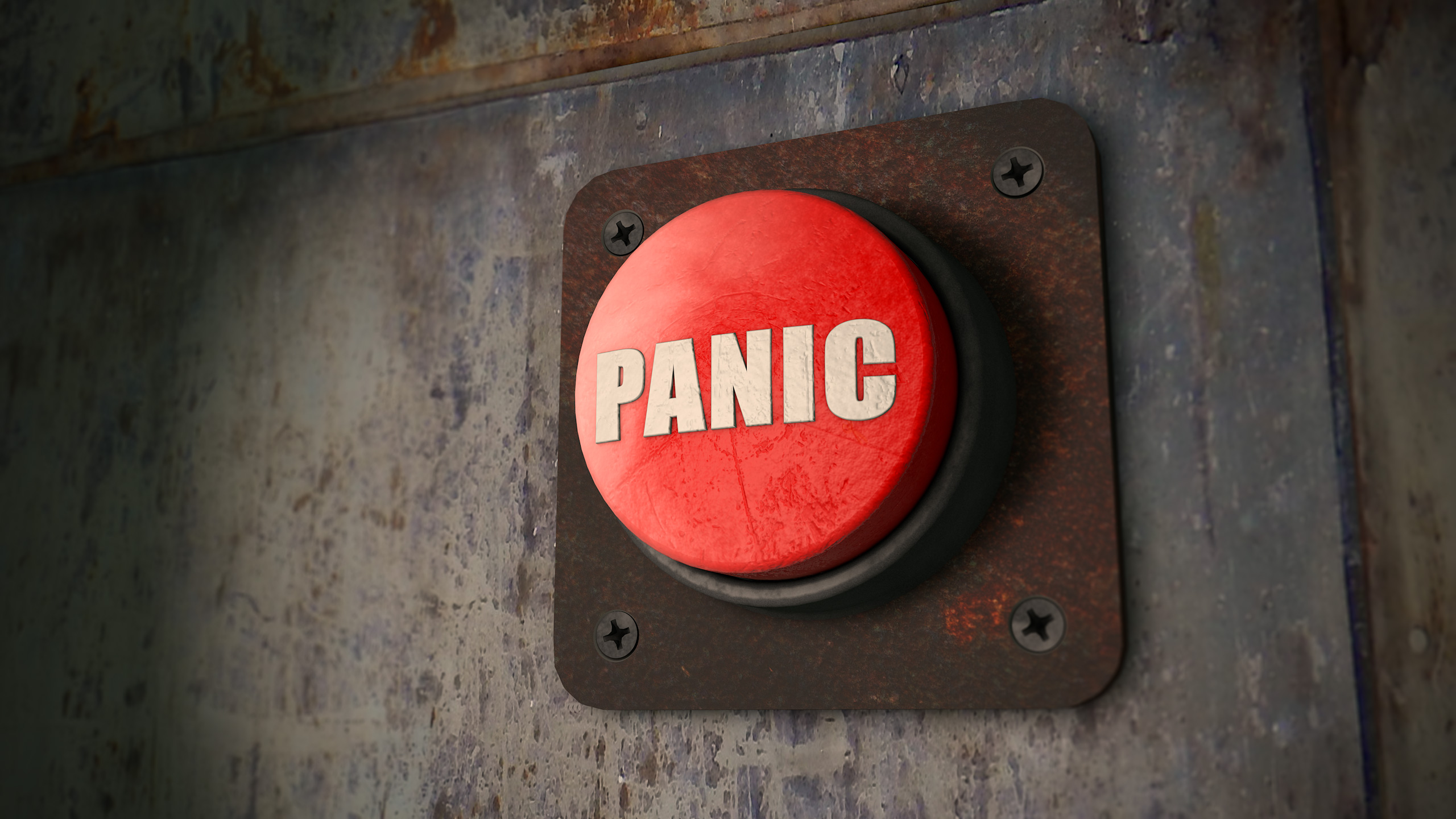Have you seen a 5-year old handle a television remote controller before? The way the child just pushes this button and that all in the hope that one of it will actually change to the cartoon channel he or she so craves, it’s just comical to we adults, in some cases.
With moves arranged with as much planning and logic as the 5-year old with the remote, the Central Bank of Nigeria (CBN) has implemented a series of policies in order to curb the declining value of the Naira since the plunge in oil prices has created a forex scarcity and its consequent problems. And unlike the 5-year old, this is not funny to Nigerians because the effects are worsening the situation of many Nigerians.
In its latest move, the apex bank set a cap on the amount the parallel market, consisting of the bureau-de-change and black market of informal street traders, sell dollars, limiting it to N400/$1, threatening to arrest any defaulters. What the CBN has done is simply to create a parallel market within a parallel market as many of the traders in the parallel market are now moving underground to continue their trade, now at considerably higher rates.
This move has shown to the entire world that the CBN has not gotten its cartoon channel and is becoming desperate to. “The fact they went as low as getting security forces on the streets shows a new level of desperation.” said Omotola Abimbola, an analyst at Afrinvest.
“What Nigeria’s doing absolutely won’t work,” said Manji Cheto, senior vice president at Teneo Intelligence in London. “This is akin to a person in a room that’s caught fire just slamming every panic button they can find because they don’t know which will open the door.”
A look at Egypt who tried the same strategy when faced with a similar situation shows that Chet is right. Nigerians probably also knew this as soon as the cap was set as it seems to be the CBN’s new duty to setup ineffective policies.
And as predicted, since the cap was set, instead of curbing prices, it is making the parallel market, or the para-parallel market to sell at even higher rates due to reluctance of sellers to trade. “It’s a struggle even to get someone to sell us $200 whereas before, they’d often sell us $1,000 or $5,000,” the kaftan-clad Usman said from the mosque compound where he trades. “Now, they’re only exchanging when they’re desperate.” Bloomberg quotes a money-changer in Lagos as saying. Once again, the CBN has failed and Nigerians suffer the consequences.
